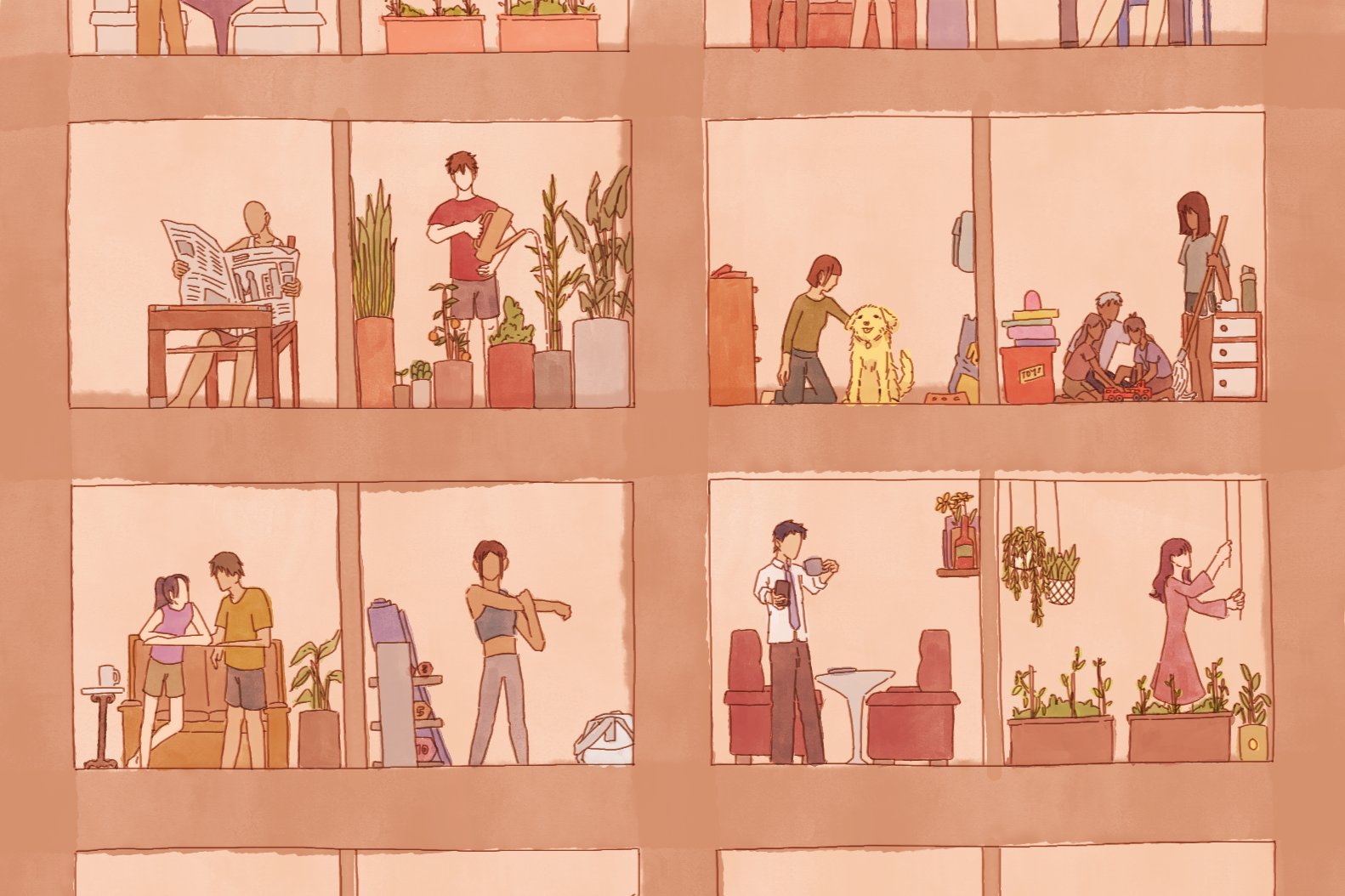Why do you believe?
Maybe it’s all you know. From a tender age you found yourself in an environment of Sunday school, action songs, and beautiful friendships. Somewhere along the way, you invited Jesus into your heart.
Maybe it’s the warm fuzz that fills the deepest parts of your soul too used to the flames of torment, bitterness and frustration. Those songs about love, grace and peace bring you profound catharsis. Unlock the shackles. No more fear. You feel part of something grand and eternal.
Maybe the kindest person you know is Christian. Such a stable sense of identity, security and purpose – nothing shakes her. You want that for yourself.
Maybe you’ve seen miracles. Or so you think.
Many well-meaning Christians do the same thing to cynics. Afraid of open discussion, they consider disagreement or scepticism as a form of persecution.
But there comes a day these reasons (among others) no longer hold weight – because it’s no longer about what you hold on to internally, but what you say externally, and those reasons are held up to scrutiny but others who are not so charitable.
It could be when you enter college, or move abroad to work. There you encounter people – many of whom you love – with starkly different worldviews. Other explanations of the nature and origins of ultimate reality spring forth. Your testimony of miracles: Signs of divine power or deep ignorance?
The Christians you know, they never question. They’re politically right. Heads in the clouds. They make you feel dumb.
So you question the value of religion altogether. It’s history and propensity for racism, discrimination, oppression, violence. Good news? More like Brave New World.
Life unfolds. You now have options – work, parties, travel, a new hobby. Christianity becomes one little nagging voice in a raging sea of mysterious, beautiful things.
Then tragedy strikes. You’re hurt. God is love? Tell that to the starving children in refugee camps. Christianity suddenly seems harsh and obsolete. It’s concerned only with my sexuality, outdated traditions, censorship, and how I vote. How petty. Even if God exists, he doesn’t deserve my worship.
And suddenly you’re in a crisis of faith.
The cultural climate of today doesn’t help. Internet memes, humanist societies and New Atheist “evangelicals” all have something nasty to say about Christians or churches. Resentment and cynicism is planted in the minds of seekers even before they ever step into a church or inquire truthfully about Him.
Many well-meaning Christians do the same thing to cynics. Afraid of open discussion, they consider disagreement or scepticism as a form of persecution.
Some remain so ignorant of scientific progress or history that they’d rather die as martyrs than read a book beyond their basket of confirmation bias. Support Israel at all costs. Reject evolution. Climate change is a hoax. No vaccinations.
Blind fundamentalism – religious or secular – is a slippery slope. With religion, it breeds bigotry, ignorance and self-righteousness.
So fundamentalists from both sides of the belief divide both play victim. Both preach to their choirs. Both get caught up in war games that prevent any further dialogue.
Come on, people. I’m not suggesting an appeal to moderation. I care little for where you lie on the conservative-liberal continuum, or how literally you interpret the Bible. I don’t claim to know more than you do.
I simply suggest we leave our ego at the door and start conversing like adults. Like friends. Like humans beings with rational minds – regardless of your underlying assumptions about that rationality.
Blind fundamentalism – religious or secular – is a slippery slope. With religion, it breeds bigotry, ignorance and self-righteousness. Among scientific communities, it feeds our imaginations with the metaphysical philosophies of science fiction which are as much a shot in the dark as anything else. On the whole, it numbs our ears and hearts to voices other than our own.
Unfortunately, like the most fundamental of zealots (think ISIS, Crusades, the Nazis), such gifted orators succeed in swaying the masses. Guilty parties exist on both sides.
Such new-age attitudes forget that doubt and healthy scepticism are an important part of an earnest faith for the atheist, theist or agnostic.
Real faith requires real conversation. In the words of famed, militant atheist Richard Dawkins: Faith is the great cop-out, the great excuse to evade the need to think and evaluate evidence.
Don’t get caught in that trap. Recognise that the faith we are called to is subtle – you can’t quite put a finger on it. Yet you know its there. It’s earnest, sober, authentic and curious. It’s open to criticism, slow to speak and rigorous.
It is our responsibility and privilege to search out that truth, keep track of it, and share it with gentleness and respect.
The profundity of faith drives theoretical physicists to search out a Grand Unified Theory or Theory of Everything. It compels us to move with the sound of music, or fight against injustice. It believes in the hidden goodness of humanity, the sanctity of life, and that how we live each day truly matters.
Ask yourself, boldly and often: Why do you believe?
Beneath all smart arguments for and against, beneath all feelings, experience, empiricism and logic, believe because of truth. It is our responsibility and privilege to search out that truth, keep track of it, and share it with gentleness and respect (1 Peter 3:15).
It’s not a cultural war. Your persecution is overrated, especially in Singapore. And yet, the evidence for Jesus demands a verdict.
We all have a story that must be told. Prepare for the day you’re called to tell it.
No agenda. No pressure. It’s time for honest conversation. Your friends will appreciate it. The best part is when the dust settles on that debate, you’ll still be friends.









